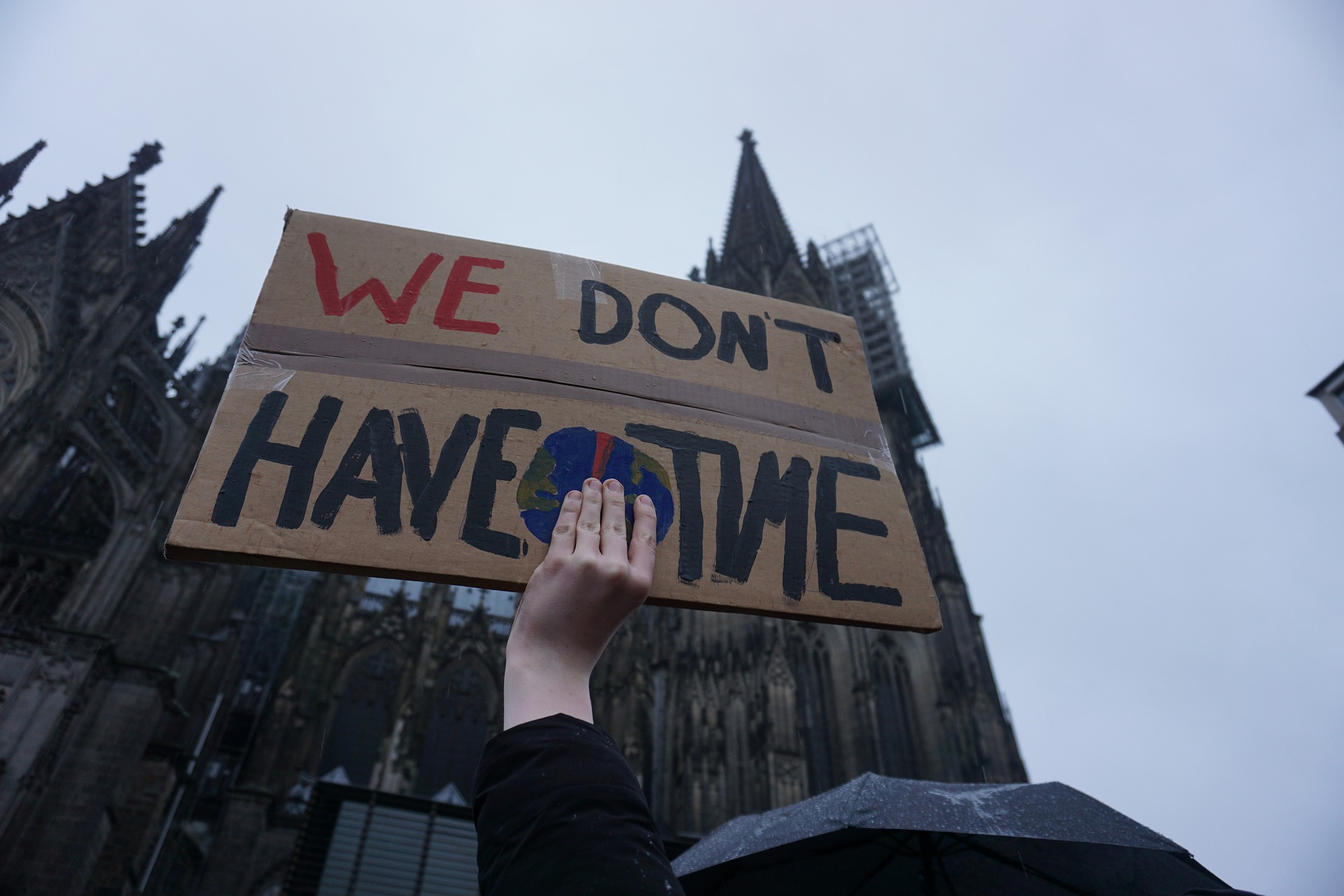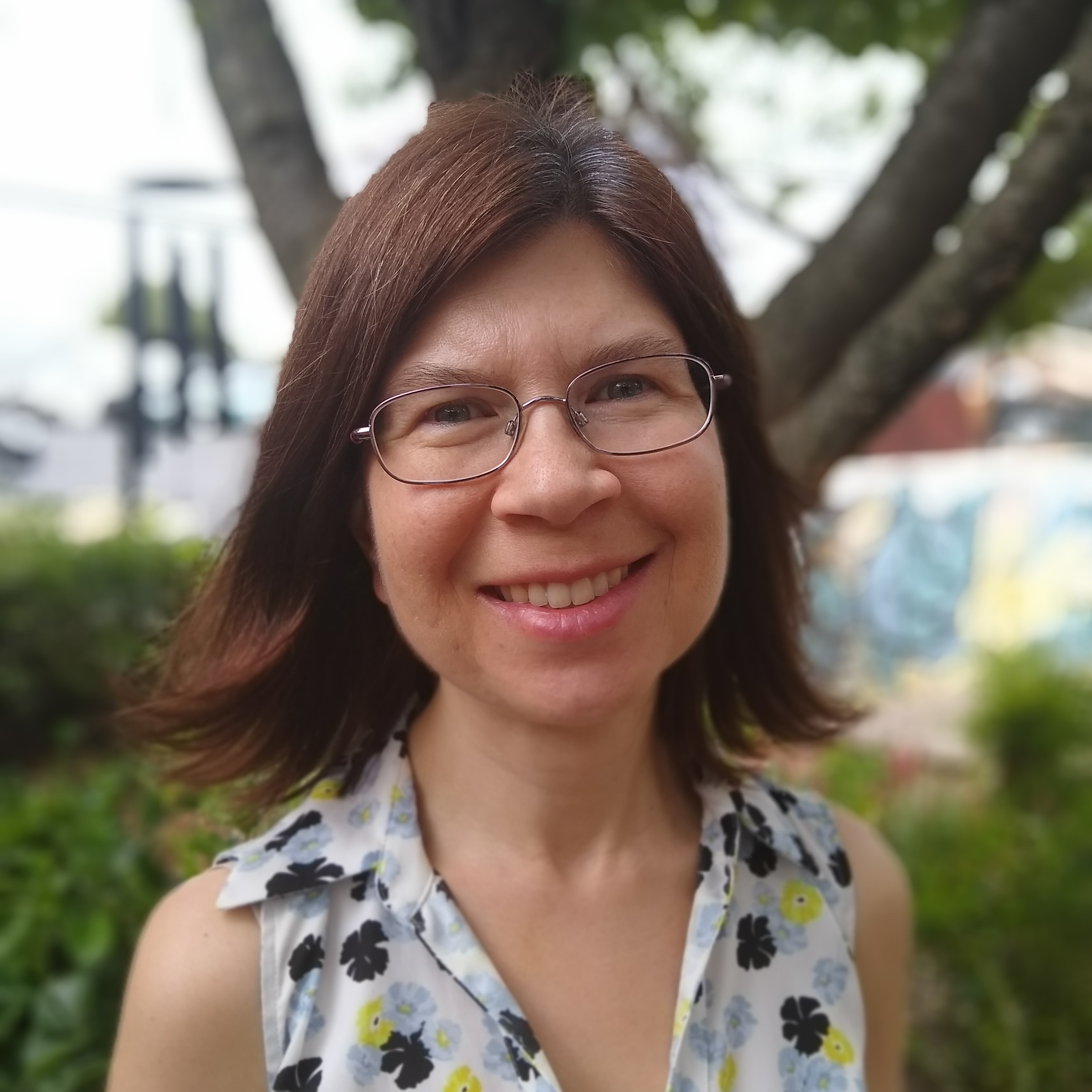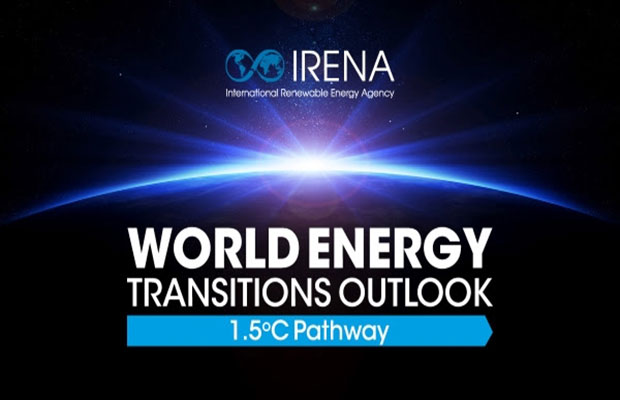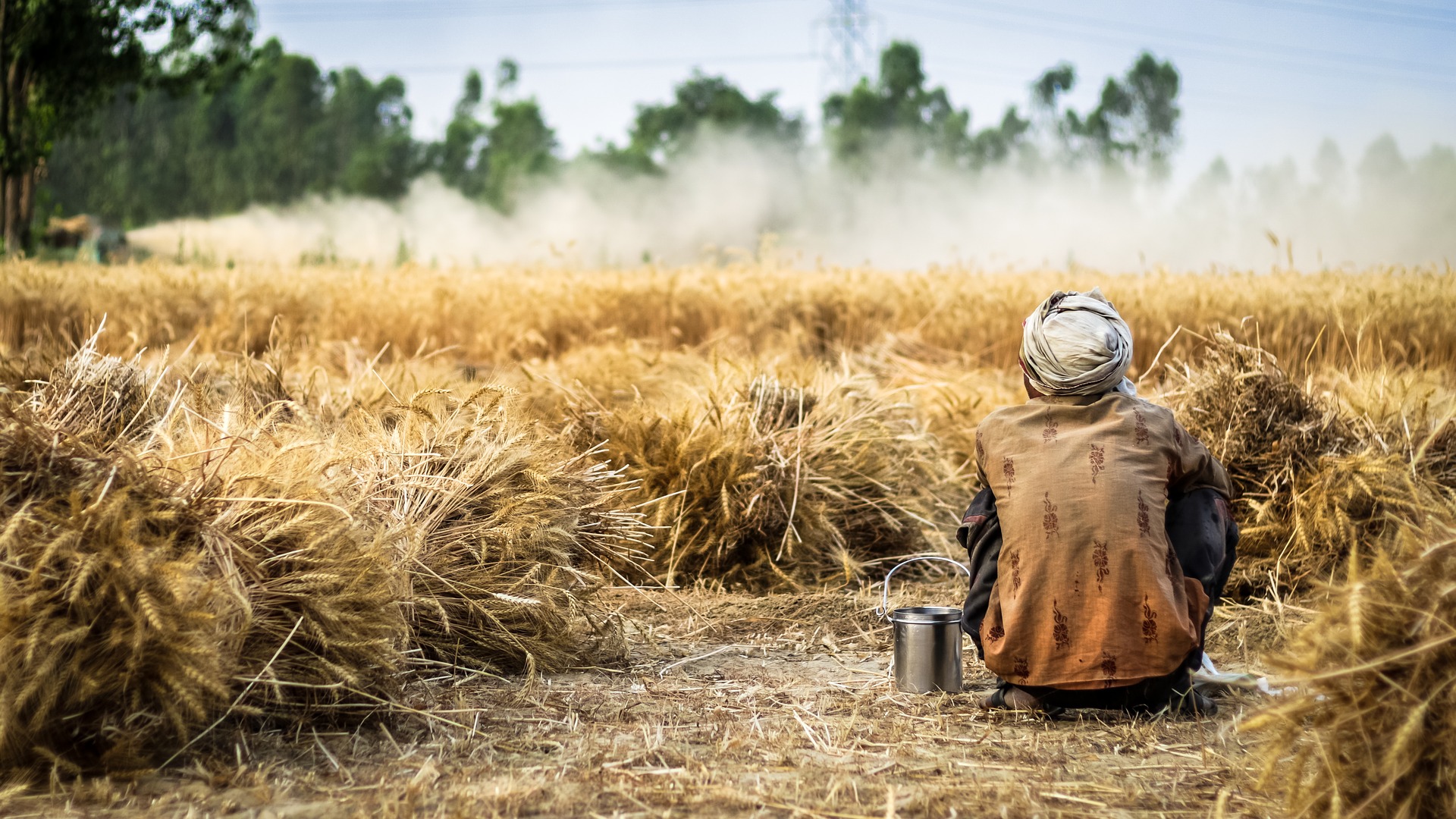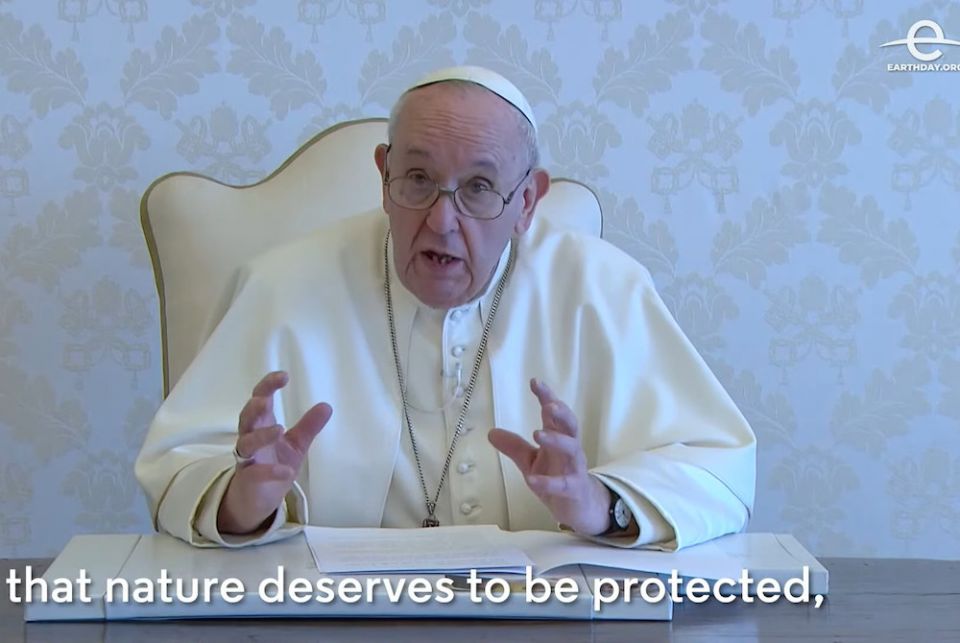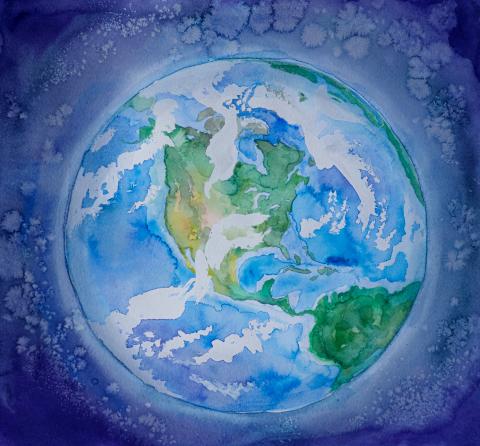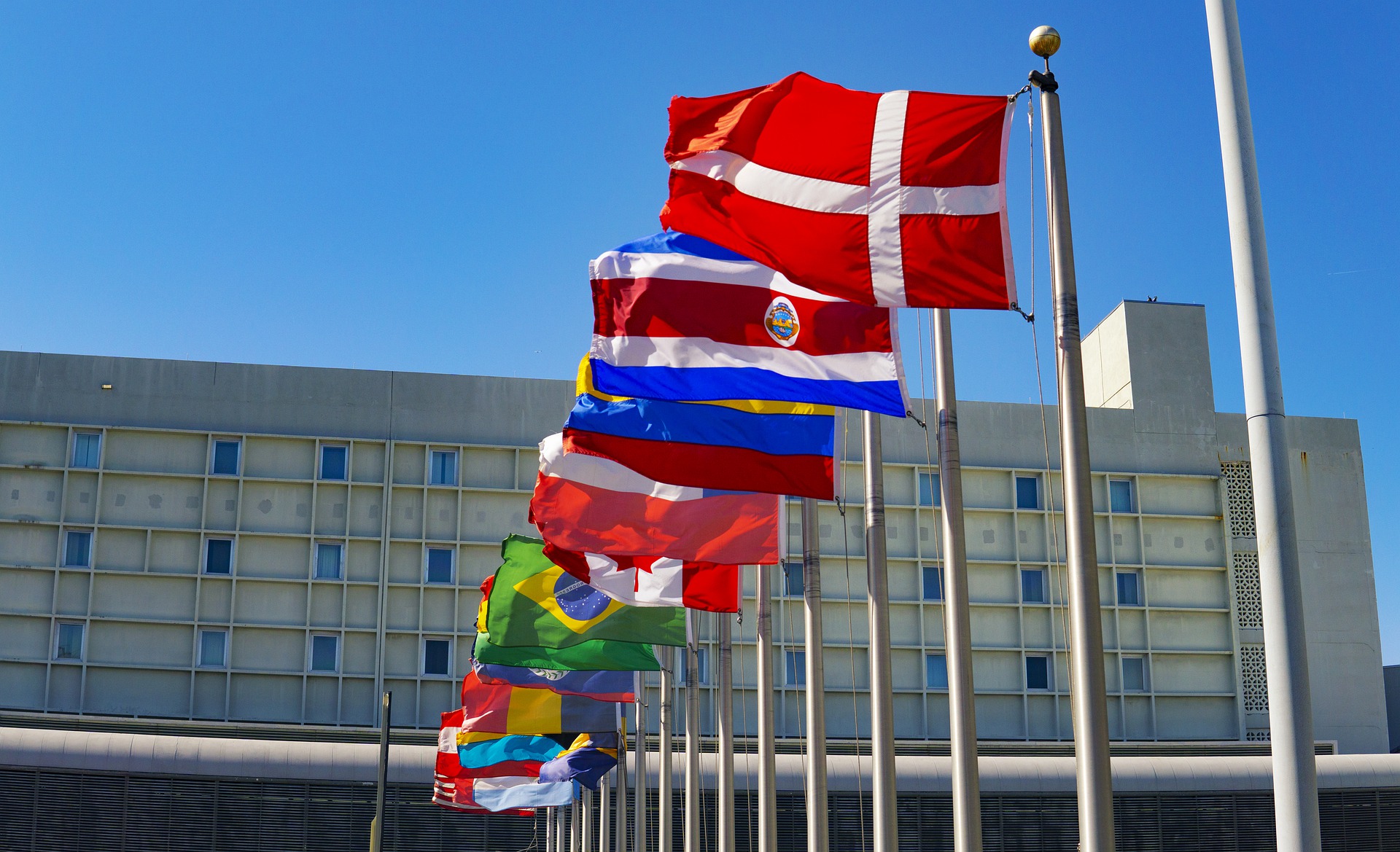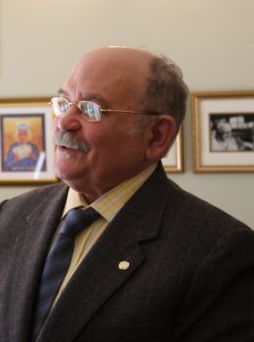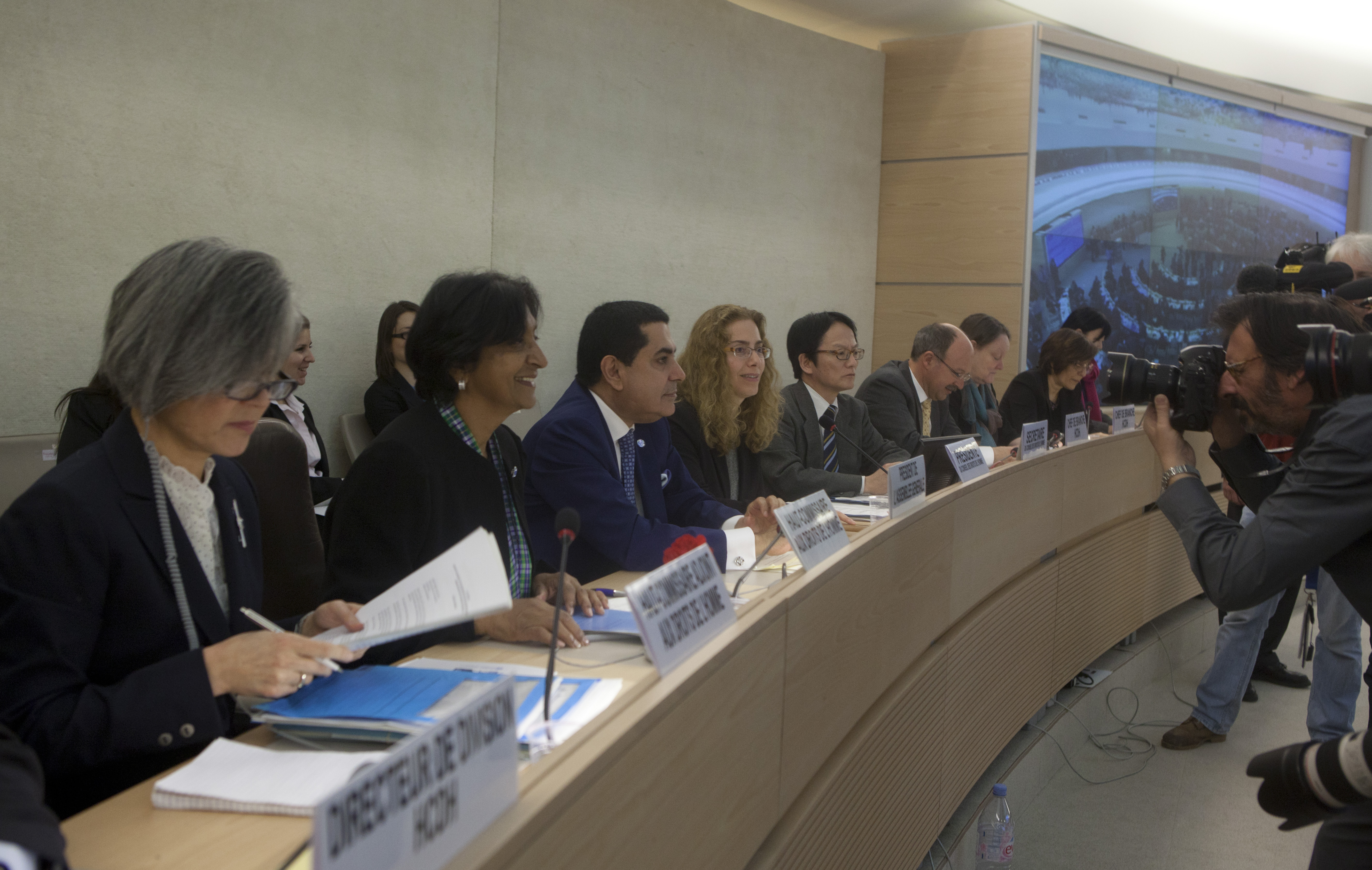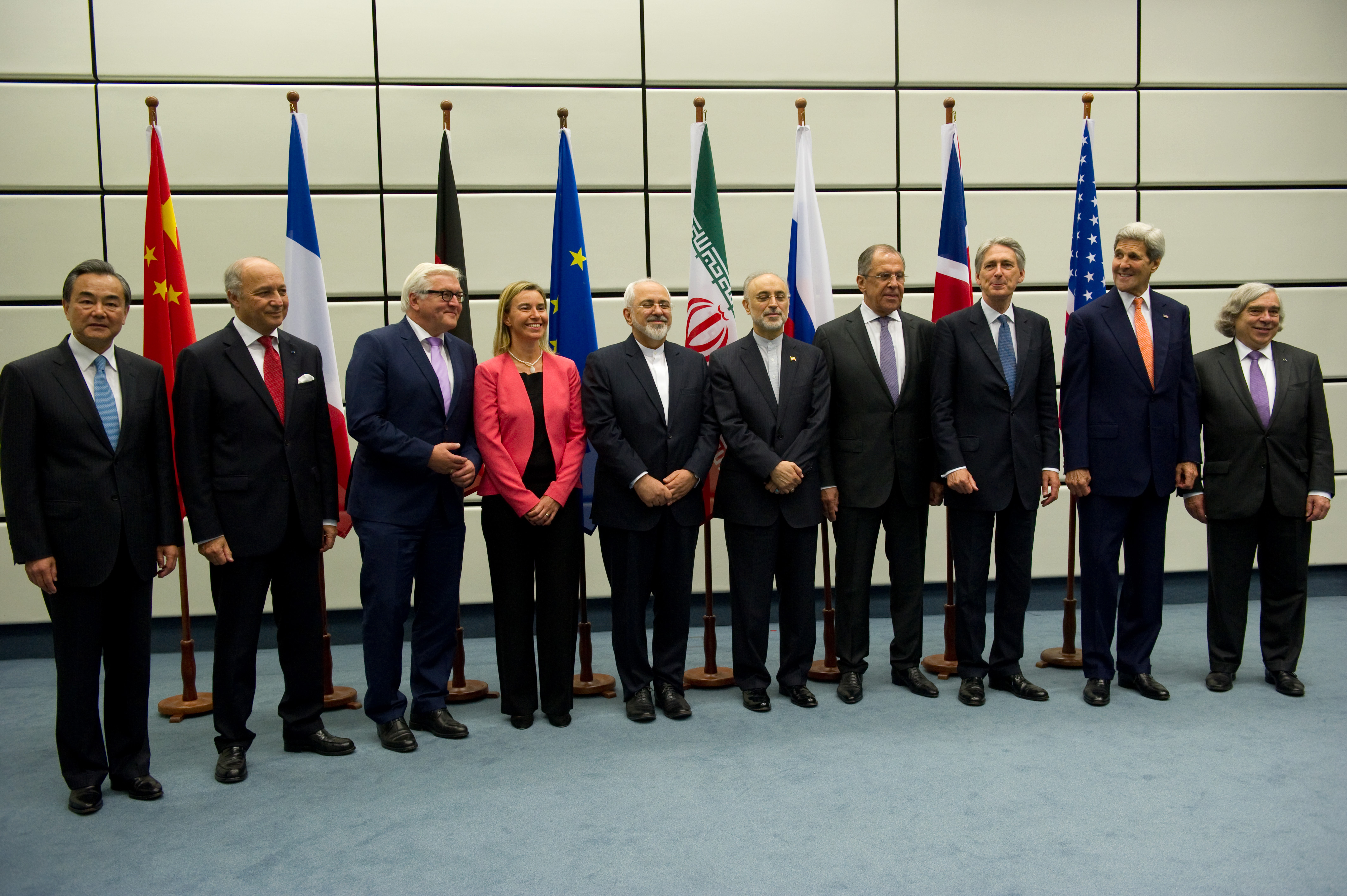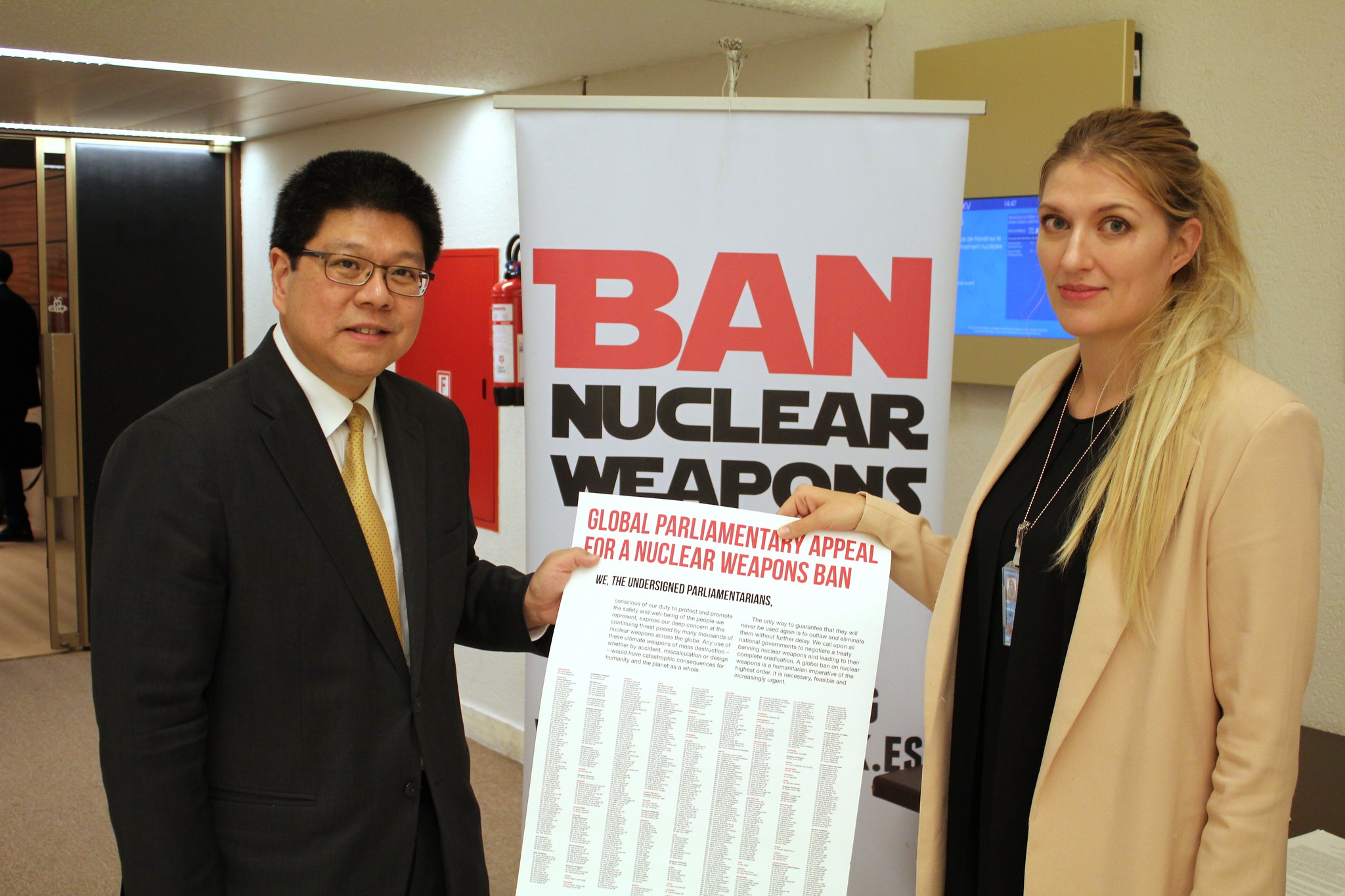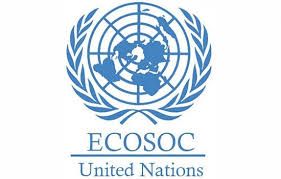The Soil of Spirituality: What Agrarians Can Teach Us About the Life of Faith
Time: 12:30pm Eastern Time Can agrarian ways teach us about God, the nature of humanity, and the place of human beings in the world? What does an agrarian spirituality look like in an increasingly urban world? Register here In this public lecture, Professor Norman Wirzba, Senior Visiting Fellow at the Laudato Si’ Research Institute, looks…



